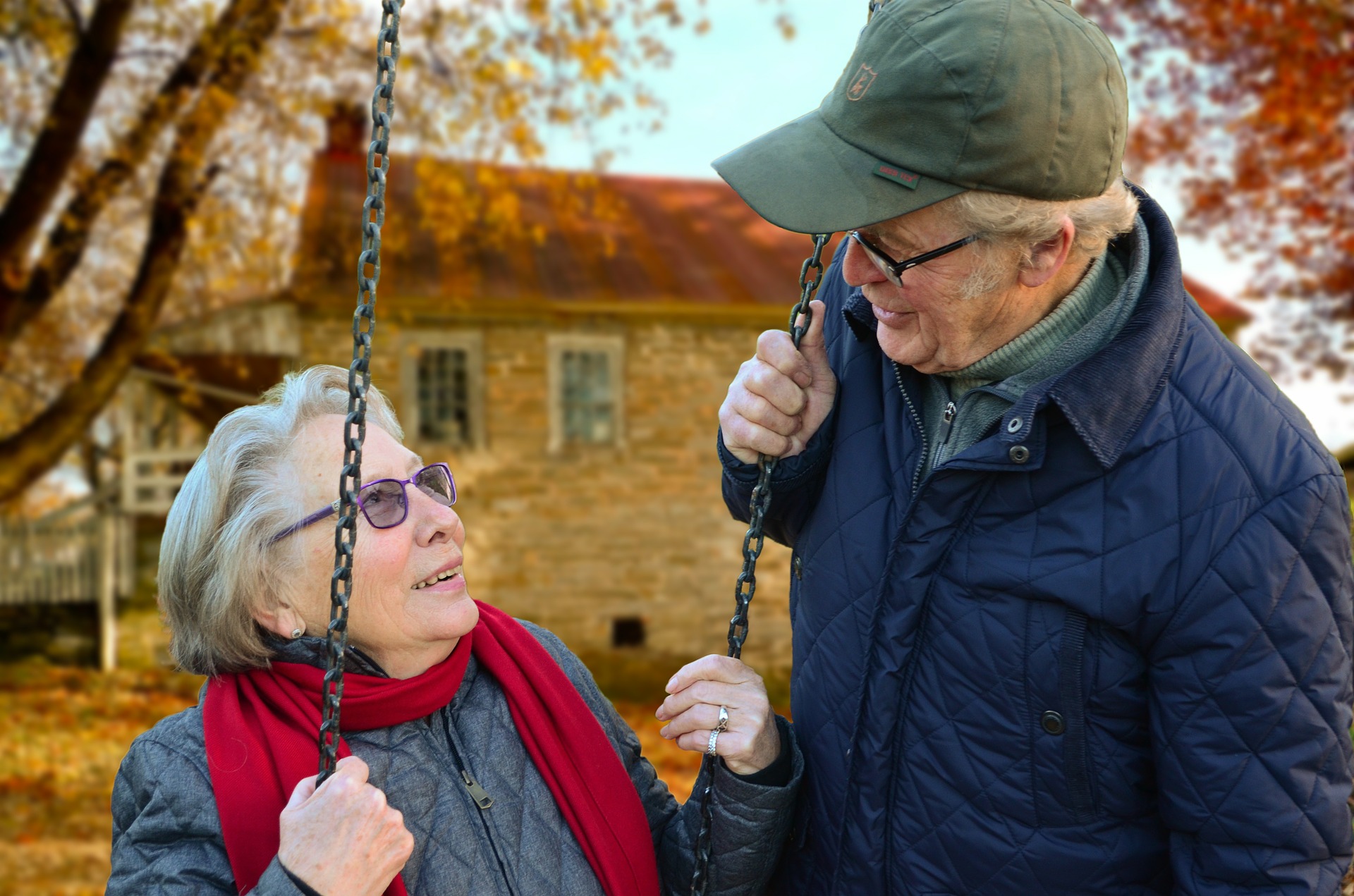
Guest article provided by: retirementnow.com.au
We all know that eating well and keeping active improves our quality of life. Yet we often forget about our mental health and taking time for ourselves. Part of taking care of yourself is to keep socially active throughout your life. Studies have shown that socializing helps to keep your mind alert and can reduce the risk of cognitive impairment, improving your health outcomes.
What it Means to be Socially Active
Having an active social life doesn’t have to mean that you’re constantly out and about, exhausting yourself. Socializing is supposed to make you feel better and not add unnecessary pressure to your life. You don’t need to be involved in every community organization and sporting club to be socially active. While these are reasonable social activities to join in, socializing can include several other activities.
You might have always wanted to volunteer. Volunteering is a terrific way to contribute to society, and remain social and active at the same time. Volunteering also gives people a great sense of purpose.
Visiting friends and family is an equally important part of socializing. If you’re somebody that struggles to get out of the house, video conferencing or picking up the phone and calling your friends are great ways to socialize. With COVID_19 placing social restrictions on so many people across the globe, these are great ways to socialize. If you know of socially isolated people, checking in with them each day can make the world of difference to their mental health too.
In principle, being socially active includes interacting with the broader community, family and friends. Health experts agree that those who have important relationships with others are overall mentally and physically healthier.
The Health Benefits of Socializing
According to the Mayo Clinic, by socialising in later life you reduce the risk of developing memory issues such as dementia. Studies have shown that older people who socially interact are less stressed, happier and less likely to suffer from depression. In fact, socializing improves other aspects of your physical health too.
When you socialize, you are more likely to leave the house and engage in exercise. The exercise you do might be as simple as going for a walk with your neighbour/friend or joining in an outdoor yoga class. It doesn’t have to mean running in the next biggest marathon. By exercising, your health outcomes improve, including your overall wellbeing. Being physically active is good for you mind, body and spirit. It increases the likelihood of socializing, and it helps improve health outcomes by reducing the risk of heart disease among other illnesses.
What’s Stopping You From Socializing?
Firstly, COVID-19 has changed the landscape of our world. Once upon a time, everybody could leave the house at their leisure, to meet up at a coffee shop or a sporting event. However, these days we are all faced with new challenges when it comes to being socially active.
While COVID_19 is one factor that has impacted on our overall ability to socialize, people go through many life events that affect their ability to socialize. This could be financial, or injury-related. For others it could be experiencing the loss of a parent or partner.
As you get older, you could experience the loss of loved ones that can result in social isolation. This is due to many factors. If you’ve lost your partner, you’ve likely lost the person that you attended your social activities with. The idea of participating in activities on your own can be daunting, and you may withdraw as a result. If this has happened to you and you’re wanting social connectivity, there are activities available to help you socialize and become active again. It’s about thinking outside of the box, and changing it up.
After being isolated, you might feel anxious about leaving the house. Although it might seem strange at first, by practicing socializing, you’ll get to a point where it feels good again. Hang in there and maintain communication with others. Choose situations that you feel safe in to socialize and keep the conversation light-hearted. The key is to build up to an improved social life and try not to be too hard on yourself. Being socially active doesn’t happen overnight.
How to Create a Healthy Social Life
Go back to enjoying the activities that you used to partake in. This could be going back to church each week, or attending your favourite salon for a manicure.
It could be re-connecting with your sporting activities. For example, you might have enjoyed yoga classes, or played golf on a regular basis. Consider getting back on the green, and having a hit. It’ll likely make you feel amazing, and get you talking with likeminded people.
As previously mentioned, volunteering is a great way to feel good and get social. If you’re feeling isolated and lonely, why not join an organization that depends on volunteers to operate. Hospitals, or community organizations such as Food Bank are always in need of volunteers.
Ideas to Help You Get Social
We are all different and enjoy different activities. But sometimes we get stuck for ideas when it comes getting back into the community. Here’s some ideas that you could choose from to get out and about again.
Going back to the workforce often helps people by giving them a sense of purpose, getting them out of the house, and connecting with other people. While this is not for everybody, it’s worth considering if you’re feeling really lonely. Otherwise, why not contact your local community organization to discuss a volunteering position?
Another idea to get you socializing is to join a sporting club. Why not consider some of the following options:
- Yoga
- Walking club
- Run club
- Golf
- Tennis
- Martial Arts
- Bocce
- Swimming
- Cycling
- Boxing
- Tai Chi
- Lawn Bowls
- Ten Pin Bowling
- Join a Gym
- Pilates
Further options to consider when you’re thinking about socializing include joining a recreation group such as a local gardening club if you’ve got a green thumb. If you love to play games you might want to join a Bridge Club, Mahjong, or Poker. Others might like to get involved with car clubs, dog clubs and so on. The list is endless. Think about what you’d like to do, and start to do some research in your local area to see what’s available.
Get Help and Support
With all of the best intentions, becoming socially active is very difficult for some people to face on their own. If you feel that you need help with your mental health, it’s time to contact your primary care doctor. They can connect you with appropriate mental health services. If you need immediate help in the U.S.A. you can contact the National Suicide Prevention Lifeline on 1-800-273-TALK.
